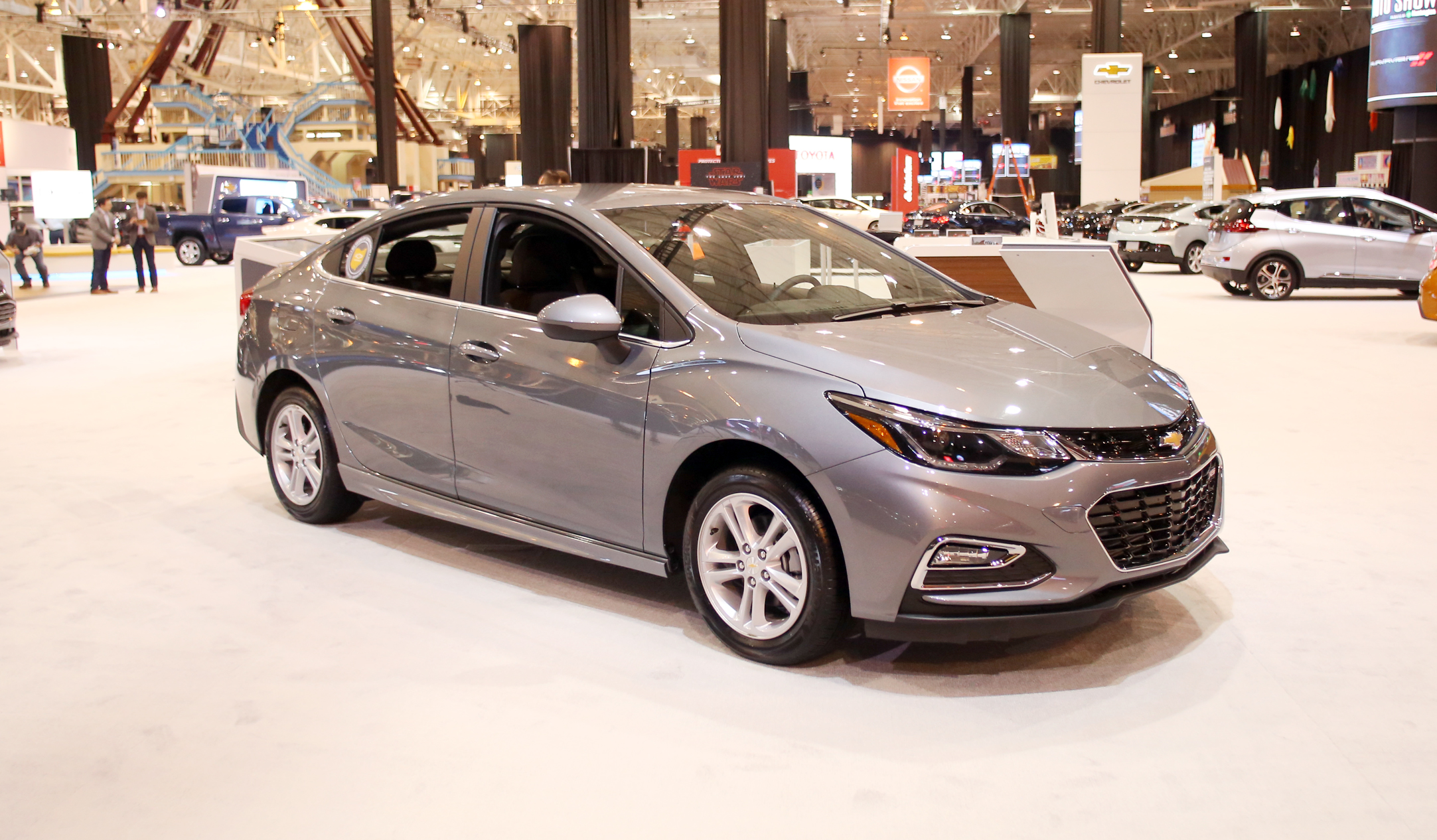GM Lordstown: Fight on, but think the unthinkable

Retooling General Motors’ Lordstown assembly complex for another product would be cost prohibitive, Chief Executive Officer Mary Barra contends.
Barra also refuses to commit to keeping the 52-year-old facility open so production of the once top-selling Chevrolet Cruze can continue.
In light of such disappointing news, should the Mahoning Valley throw in the towel with regard to the future of the region’s economic driver? Certainly not.
The column on this page by Tom Humphries, recently retired president and chief executive officer of the Youngstown/Warren Regional Chamber, is a call to arms.
Humphries correctly points out that when the Valley rallied in 2001 with the “Bring It Home” campaign, the result was a decision by GM to produce the Chevrolet Cobalt at the Lordstown complex.
The Cobalt replaced the Cavalier, which stood as a reminder of the plant’s history of strained – and often hostile – relations between the local unions and management.
It was widely believed in Detroit and the rest of the country that the Lords- town plant would close after GM pulled the plug on the Cavalier.
But the region wasn’t willing to give up without a fight. Here’s how Jim Graham, then president of UAW Local 1112, explained what occurred when labor and management realized that their mutual interests were at stake.
“Somewhere between the Vega and the Cavalier, we had an epiphany,” Graham said. “If you don’t have a car, you don’t have a union, you don’t have a Lordstown, the Valley implodes.”
Therefore, when the time came in 2001 to fight for the Cobalt, the plant – with the unwavering support of the community through the “Bring It Home” campaign – rallied around its shared future.
GM’s decision to invest hundreds of millions of dollars in the complex for the Cobalt’s launch set the stage for a bright and stable existence.
Auto industry leader
The company’s decision to replace the Cobalt with the Chevrolet Cruze was an acknowledgement that the Lordstown plant had become a leader in the auto industry of labor-management relations. The concessions made by the unions and other changes implemented to ensure greater efficiency and cost-effectiveness in production became the template for other GM plants.
But now, after a highly successful run, the Cruze’s lifespan seems to be coming to an end.
Demand for the sedan has been soft for the past couple of years because consumer tastes have changed. Trucks and SUVs are all the rage.
As a result, GM has eliminated two shifts at Lordstown, leaving just one to build the Cruze.
Therein lies the challenge for the Valley.
A new “Bring It Home” campaign is timely and necessary. At the very least, it would force GM CEO Barra and members of her management team to publicly explain what’s going on.
Barra’s refusal to commit to keeping the Lordstown complex open or to invest in retooling for a new product was made public by U.S. Sen. Sherrod Brown, D-Ohio, who spoke to her about a month ago.
Brown and Valley Congressman Tim Ryan of Howland, D-13th, have been harshly – and justifiably – critical of GM’s decision to not only slash production of the Cruze, but to build the redesigned and re-engineered Chevrolet Blazer in Mexico.
But while the Valley rallies in support of the Lordstown complex, political and business leaders must think the unthinkable: a future without General Motors.
This region cannot afford to be paralyzed the way it was when the steel industry collapsed.
With thousands of Valley residents on the unemployment line, neither the politicians, nor business leaders, nor the various economic development agencies had an answer to this simple question: What comes after steel?
It has taken decades for this region to diversify its economy. Even so, auto manufacturing has been a major player because of the high-paying jobs.
Unfortunately, the economic gains that have been made could well be in jeopardy if GM pulls up stakes.
It’s disconcerting that Mary Barra refuses to come clean with the people of the Mahoning Valley who have been so loyal to GM.
It’s also disappointing that President Donald Trump, who has promised to spur domestic automobile production, was noncommittal when Sen. Brown urged him to weigh in with Barra.
The Mahoning Valley deserves better than to be ignored.
 43
43
